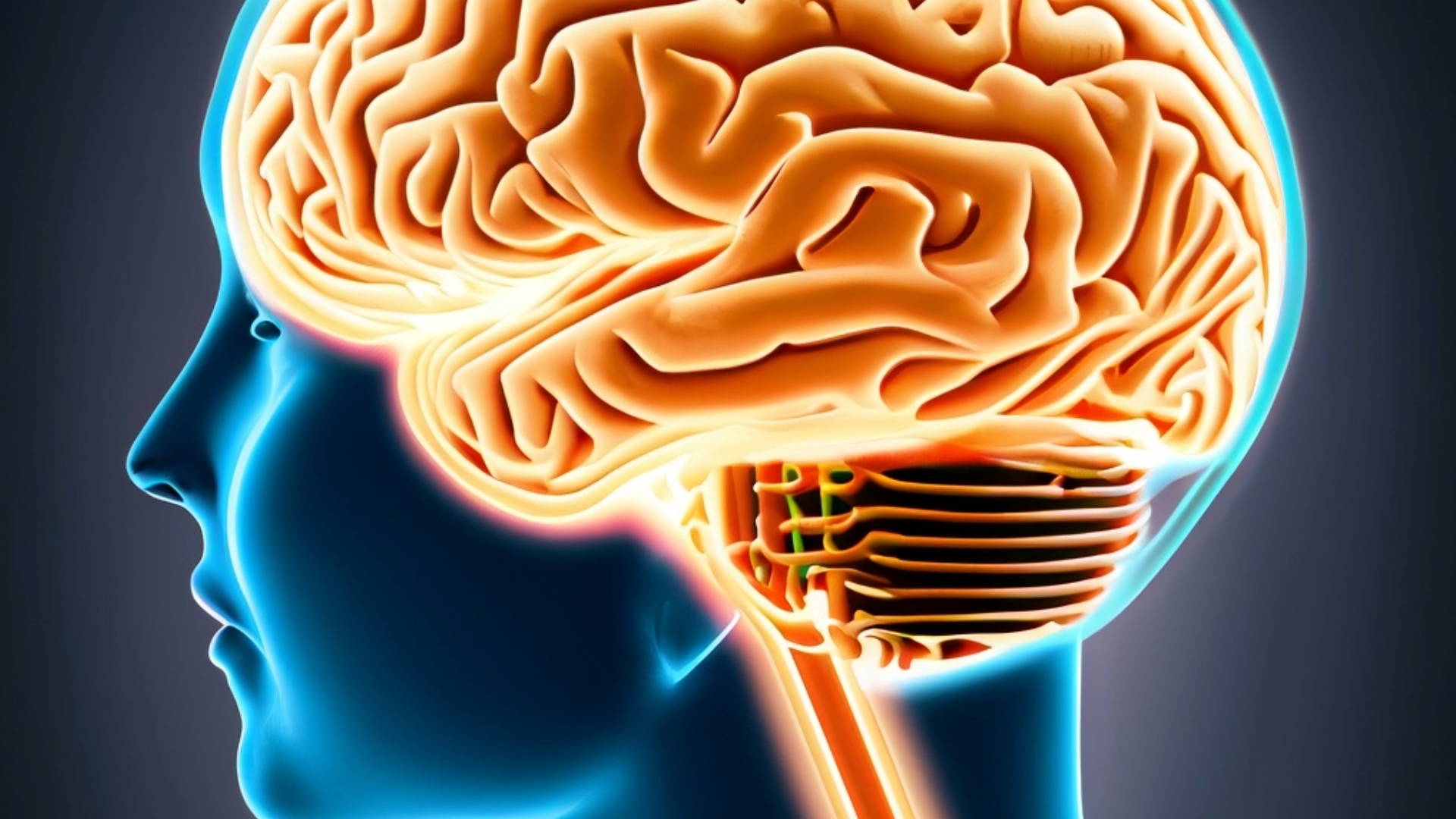Dementia is a deterioration of mental functions. It can include memory loss, confusion and loss of mental abilities such as calculation and understanding language. Dementia comes in many forms, one of which is Alzheimer disease, which accounts for about two-thirds of all cases of dementia. Other forms include vascular dementia, Lewy body dementia, which Robin Williams had, and frontotemporal dementia, which is affecting Bruce Willis. Because there’s a genetic component to Alzheimer disease, a parent with dementia means a greater risk of dementia in their children. Dementia is becoming more common, and at least 6 million USAmericans and 55 million people worldwide are afflicted by it. It’s a scary situation, so many people are looking for ways to prevent or slow the onset of dementia for themselves or loved ones.
Recent research from University of California San Diego indicates that mice prone to getting an Alzheimer-like brain disease that ate on an intermittent fasting schedule of 18 hours of fasting with a six-hour eating window had less advanced disease than mice grazing all day.
This result doesn’t automatically apply to humans. A clinical trial would be required to see whether the effect truly applies to humans, but it’s encouraging. The most encouraging aspect is that the IF schedule didn’t only slow the progress of the disease; it reversed some of the dementia symptoms the mice had. That’s an extraordinary effect for something as simple as changing meal timing to enforce a fasting period.
Some actions one can take to help prevent or slow Alzheimer-type dementia include:
- maintaining a healthy diet, exercise and social connections
- minimizing alcohol intake
For smokers, decreasing the risk of dementia is another very good reason to stop smoking.

